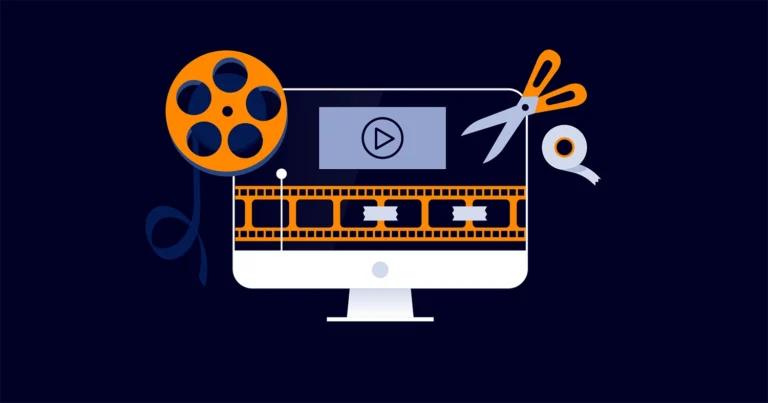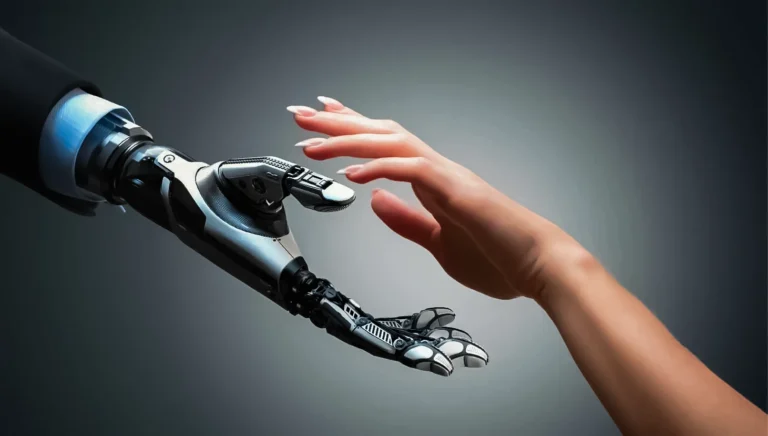The timeline of technology, as depicted on its chart, outlines those groundbreaking epochs that have driven human civilization. Each leap in technology — from steam power in the 18th century to robotics and Artificial Intelligence (AI) today — has reshaped our environment, the way we experience it, how we work, and live.
The AI revolution now underway is more than another step in this progress; it possesses deep historical origins and stands a real good chance of dramatically altering society at large, with effects we are just beginning to comprehend.
1. Steam Power: The First Industrial Revolution (18th Century)
Steam power in the 18th century was a significant technological leap. By the 1700s, Britain had completely left its agrarian economy behind to become an industrial powerhouse, largely thanks to James Watt’s game-changing steam engine. Steam power mechanized the production of goods, enabling a mass industrial era and leading to factories and urbanization. The Industrial Revolution was the transition to new manufacturing processes in the period from about 1760 to sometime between 1820 and 1840.
2. Electricity: The Second Industrial Revolution (19th Century)
The 19th century saw the next wave of innovation with the widespread adoption of electricity. Pioneers like Thomas Edison and Nikola Tesla harnessed electrical power to create new possibilities for industry and daily life. Electricity enabled the creation of new technologies such as the light bulb, telephone, and eventually, the assembly line, which revolutionized manufacturing. The second Industrial Revolution brought about significant improvements in communication, transportation, and the overall standard of living, laying the groundwork for the technological advancements that would follow.
3. Information Technology: The Third Industrial Revolution (20th Century)
The digital age, ushered in by the information technology revolution of the 20th century, completely changed what it meant to store, process, and share information. Companies like IBM, Microsoft, and later Google and Apple became the new heavyweights, driving a generation of computing and communication technologies. The digital revolution has given birth to a new era of globalization, with radical access to information and global communication—spawning an entirely new tech infrastructure. This revolution reverberates in every dimension of the world around us, from our professional lives to its latest global manifestation: social.
4. Artificial Intelligence: The Fourth Industrial Revolution (Today)
Today, we stand on the brink of what many are calling the Fourth Industrial Revolution, characterized by the rise of artificial intelligence. Unlike previous revolutions that mechanized or digitized existing processes, AI represents a fundamental shift in how we approach problem-solving and decision-making. AI systems, powered by machine learning and neural networks, have the ability to learn from data, identify patterns, and make decisions with minimal human intervention.
AI Impact Across Industries:
AI is transforming industries such as healthcare, finance, manufacturing, and retail. AI algorithms are diagnosing diseases, predicting patient outcomes, and recommending personalized treatment in healthcare. In finance, AI-driven trading algorithms and fraud detection systems are already reshaping markets. Smart factories are emerging in manufacturing, where AI optimizes production lines on the fly. Retailers are using AI to personalize shopping experiences and more effectively manage their supply chains.
AI in Daily Life:
Beyond industry, AI is increasingly becoming an everyday part of life. AI is behind virtual assistants such as Siri and Alexa, recommendation algorithms on platforms like Netflix and YouTube, and even self-driving cars. These technologies bring convenience but also raise questions about privacy, security, and the future of work.
Challenges and Ethical Considerations:
Along with the promise of AI, there are significant challenges that pose serious ethical and social implications. The automation of jobs risks sparking economic and social upheaval. Resolving ethical issues concerning bias in AI algorithms, data privacy, and the potential for harmful applications of AI (such as autonomous weapons) are critical points that need to be addressed.
The Path Forward:
The AI revolution has just begun, and the future is not yet written. However, it seems inevitable that AI will reshape our world for years to come. To harness the benefits of this new landscape, society must seek a middle ground by weighing the extreme advantages and risks that may come with AI. This involves funding education and training programs to prepare the workforce for an AI-powered economy, developing regulations that ensure the ethical deployment of AI applications, and engaging in a national conversation about the future we want.
In short, as the current AI revolution progresses, we must learn from past technological revolutions and make decisions that maximize benefits while mitigating risks. The timeline in the image presents a snapshot of how far we have come, and it should also serve as a reminder that technology is ultimately something humans control with tools—although sometimes it might not seem like it.
Wanna know more about our services? – CLICK HERE



